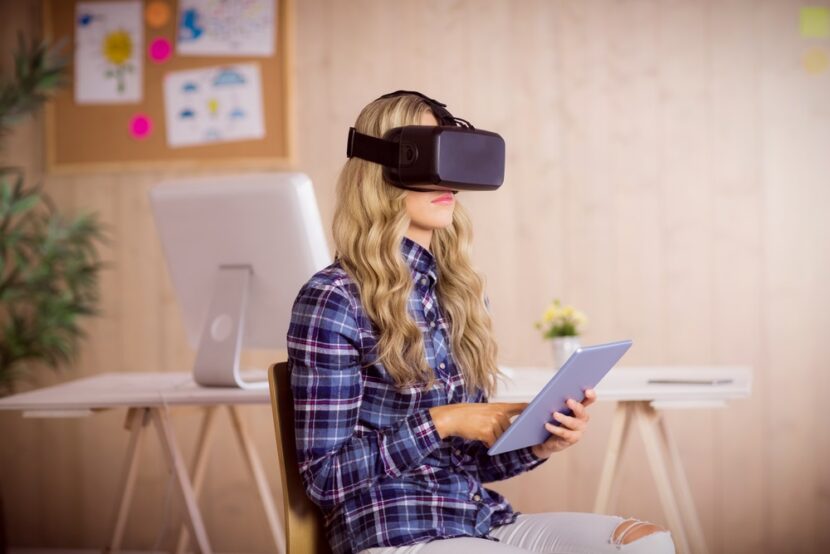LONDON — Digitally savvy clients want more from their travel agents than just a website or an app, reveals the WTM Global Trends Report 2016, in association with Euromonitor International, released today at World Travel Market London.
The concept of ‘clicks and mortar’ has moved on, the report states, and agents need to think in terms of merging their physical and digital presence to thrive in what is known as the ‘physital’ economy.
Euromonitor International, Head of Travel, Caroline Bremner, said: “Travel agents who think that having a web site or app means they are meeting the needs of today’s travellers are four years behind the times. Technology has moved on, and so has what their potential clients expect.”
Travel agents are advised to consider virtual reality (VR) as a way to bridge the gap between the traditional face-to-face experience of visiting a high street agent and the expectations of today’s travellers.
The WTM Global Trends Report predicts that by 2020, online agents will have a bigger slice of the overall travel market than offline agents – offline agents’ market share will have dropped to 48.4% in 2020 from 53.8% in 2015.
“With global online sales for intermediaries set to overtake offline sales, traditional retailers need to evolve so as not to lose out,” Bremner added. “Advances in technology empower traditional retailers by providing a unique service addition, and help them be competitive with the online travel channel.”
VR is one such technological advance available to agents and has been adopted by Thomas Cook and TUI retail outlets in the UK, and is being offered by Xplr VR by Travelweek in Canada.
There are other innovations which forward-thinking high street agents should start thinking about today in advance of wider adoption in the years to come. Chatbots, for example, have come to prominence, using artificial intelligence and machine learning to interact via an app with potential customers in a human-like way without any direct human involvement.
Online giants such as booking.com and Expedia have all started using chatbots that can learn what consumers like and deliver appropriate suggestions for travel products to buy.
However, there are also app-based travel agent startups, such as Lola, which uses a combination of artificial intelligence and human researchers to provide an on-demand travel service.
Agents could also look at using artificial intelligence to automate back-office and administrative functions in order to free up time for customer-focused activities.
World Travel Market London, Senior Director, Simon Press said: “As a sign of how the travel retailing landscape has changed, a traditional agent is now someone who uses digital tools to provide an exciting and innovative offline experience. People are coming into travel agents and want to be shown their hotel on a VR headset rather than in a brochure.
“Many people thought technology would kill off the high street travel agent. But the reality is that technology is giving agents the chance to meet online expectations in an offline context.”
WTM London is the event where the travel and tourism industry conducts its business deals. Buyers from the WTM Buyers’ Club have a combined purchasing responsibility of $22.6 billion (£15.8bn) and sign deals at the event worth $3.6 billion (£2.5bn).

